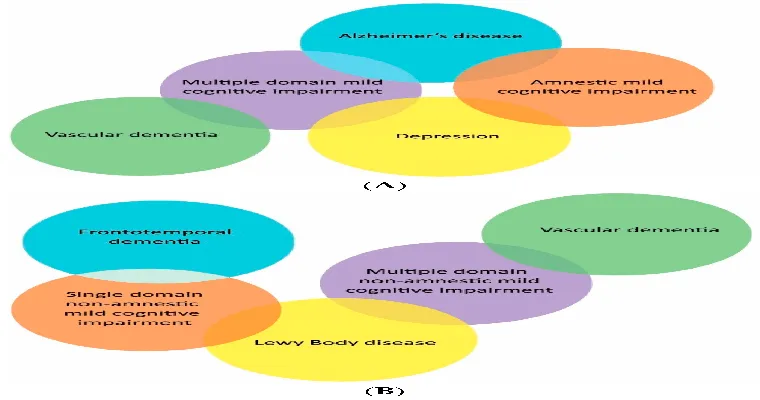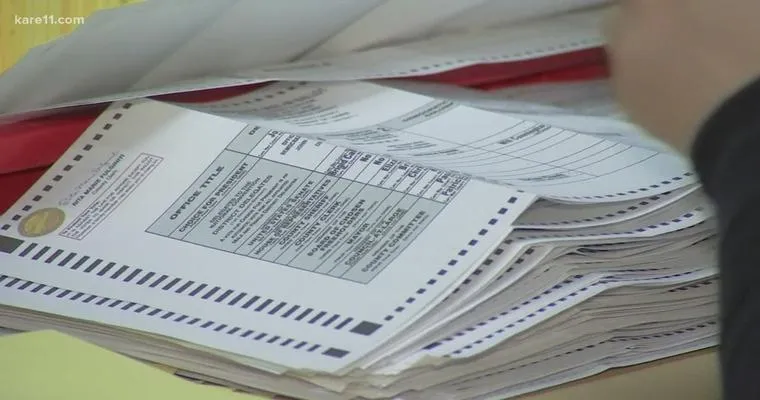Caring for a parent with "mild dementia" can be a challenging yet rewarding experience. When the decision is made to allow them to live in their own home without driving, it is essential to implement "safety measures" that promote independence while ensuring their well-being. One effective strategy is to hire a "daily check-in service" that provides companionship and supervision. This article outlines various methods to facilitate a safe living environment for a parent with mild dementia while maintaining their dignity and autonomy.
Create a Safe Home Environment
The first step in facilitating a parent with mild dementia to live alone is to make their home as safe as possible. Begin by removing any potential hazards, such as loose rugs, clutter, and sharp objects. Install grab bars in bathrooms and ensure that hallways and staircases are well-lit. Consider using non-slip mats in the kitchen and bathroom to prevent falls. Additionally, keep emergency numbers easily accessible and equip the home with smoke detectors and carbon monoxide alarms.
Establish a Routine
Establishing a daily routine can provide structure and familiarity for a parent with mild dementia. Regular schedules help reduce anxiety and confusion. Create a daily plan that includes times for meals, personal care, activities, and rest. Encourage your parent to participate in activities that they enjoy, such as gardening, reading, or light exercise. Consistency is key; therefore, try to keep appointments and activities at the same time each day.
Hire a Daily Check-In Service
One of the most effective ways to ensure the safety of a parent with mild dementia is to hire a "daily check-in service". These services can provide companionship, assistance with daily tasks, and monitoring of your parent’s well-being. Trained caregivers can help with medication reminders, meal preparation, and even light housekeeping. Regular visits from a caregiver can also provide an opportunity to assess any changes in your parent's condition and address any emerging issues promptly.
Utilize Technology
Incorporating technology can significantly enhance the safety and independence of a parent with mild dementia. Consider installing smart home devices, such as voice-activated assistants that can remind them of appointments or provide entertainment. Security cameras can help monitor their safety without intruding on their privacy. Additionally, medical alert systems can provide peace of mind, allowing your parent to call for help in case of an emergency.
Encourage Social Interaction
Isolation can be a significant concern for individuals with mild dementia. Encourage your parent to engage in social activities, whether through local community centers, clubs, or online platforms. Regular social interaction can help combat feelings of loneliness and contribute to overall mental health. Arrange for family members or friends to visit regularly or consider enrolling your parent in a day program designed for individuals with dementia.
Foster Independence with Support
While it is important to ensure safety, it is equally crucial to foster a sense of independence in a parent with mild dementia. Encourage them to participate in decision-making regarding their daily activities and care. Allowing them to maintain control over their environment can boost their self-esteem and reduce feelings of helplessness. Support them in activities they can still perform independently, while being available to assist when needed.
Monitor Changes in Condition
Regularly monitoring your parent’s condition is essential for their safety and well-being. Keep an open line of communication with their healthcare provider and schedule regular check-ups to assess the progression of their dementia. Be attentive to any changes in behavior or cognitive abilities, and make adjustments to their care plan as necessary.
Conclusion
Facilitating a parent with mild dementia to live in their home alone requires careful planning and consideration. By creating a safe environment, establishing routines, hiring a daily check-in service, utilizing technology, and encouraging social interaction, families can support their loved ones in maintaining their independence. These strategies not only ensure safety but also promote a higher quality of life for parents living with mild dementia.





